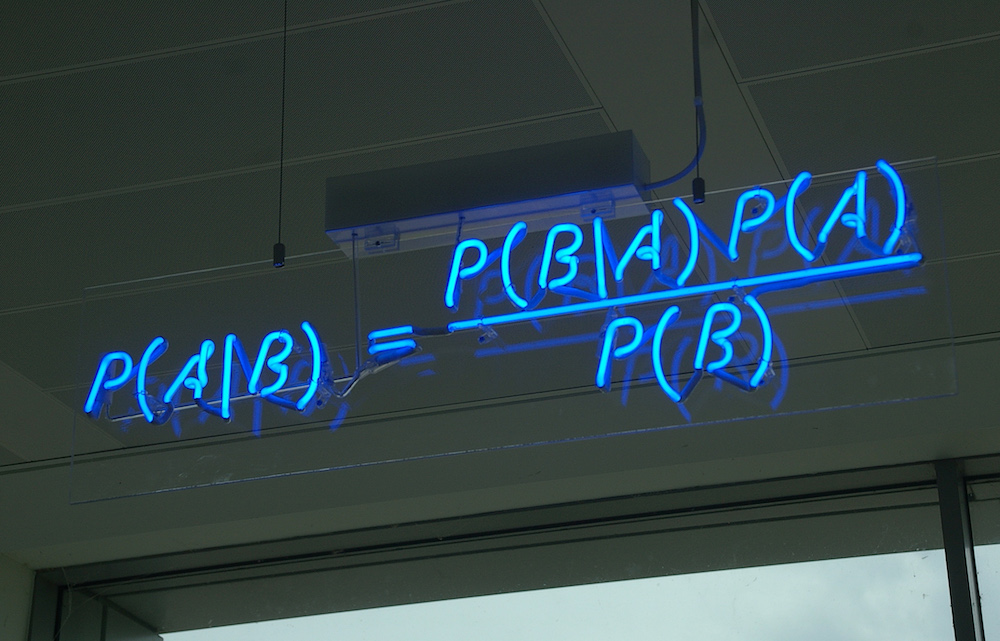New podcast episode on the founding story of Kickstarter & empowering creatives :: Plus, how to think like a (good) epidemiologist

Click here to view this email in your web browser
Hi everyone, I hope your August is going well. Death valley recently posted a 130-degree-fahrenheit day, so - especially for those on the northern-ish side of the planet - be thankful for your afternoons in the 90s. :)
Anyway, I’m excited to release the following podcast episode today:
It was fascinating to hear the founding story of Kickstarter and discuss with Charles and Wilson how to best support founders in this COVID-19 era, especially those inventing, creating, and selling tangible goods.
Thinking like a (good) epidemiologist
You may have seen this NY Times article on Thinking like an Epidemiologist. If not, I’d recommend it.
Last year I went on a bit of a cognitive science research journey after considering Annie Duke’s Thinking in Bets and Daniel Kahneman’s Thinking, Fast and Slow. This led me down a rabbit trail to question not only how much control I/we had over our own “free” will, but also at our (in)effectiveness at assessing probabilities of outcomes.
I’ll never forget when I first heard someone say that humans are essentially walking Bayesian inference machines. In other words, while we are awake (and maybe while we sleep?) our brains are conducting millions of calculations per second about how to act next based on prior knowledge. At a biological and mechanical level we are constantly “updating our priors”, so to speak. However, per the article, we have trouble with pivoting our beliefs and actions based on new information.
Taking the article together with the two books I mentioned, it brings us to a mental framework for how to practically live in the COVID-19 era. We are Bayesian Inference Machines considering whether to go outside, go to a coffee shop, wear a mask, how to vote, etc... Our inability to quickly pivot beliefs and actions hinders our ability to personally and communally flourish. Therefore, optimizing life to be able to quickly pivot beliefs and actions should be our focus, as it could not only be a matter of life or death for us or our family/neighbors, but it can set ourselves on a trajectory of harmony or chaos.
The trick, of course, is discerning how to shift our expected outcome probabilities based on new information. Everyone naturally does this, but not everyone thinks about the process or how to optimize it.
In many ways marketing professionals, for example, don’t want us to think too carefully about it, as their line of work relies on manipulating the masses toward their clients’ way of thinking to influence behavior. I’ll write more about this later, but for now, know that thinking like a good epidemiologist (or human, really), requires “updating your priors” to benefit others.
Have a great rest of your week!
~Will